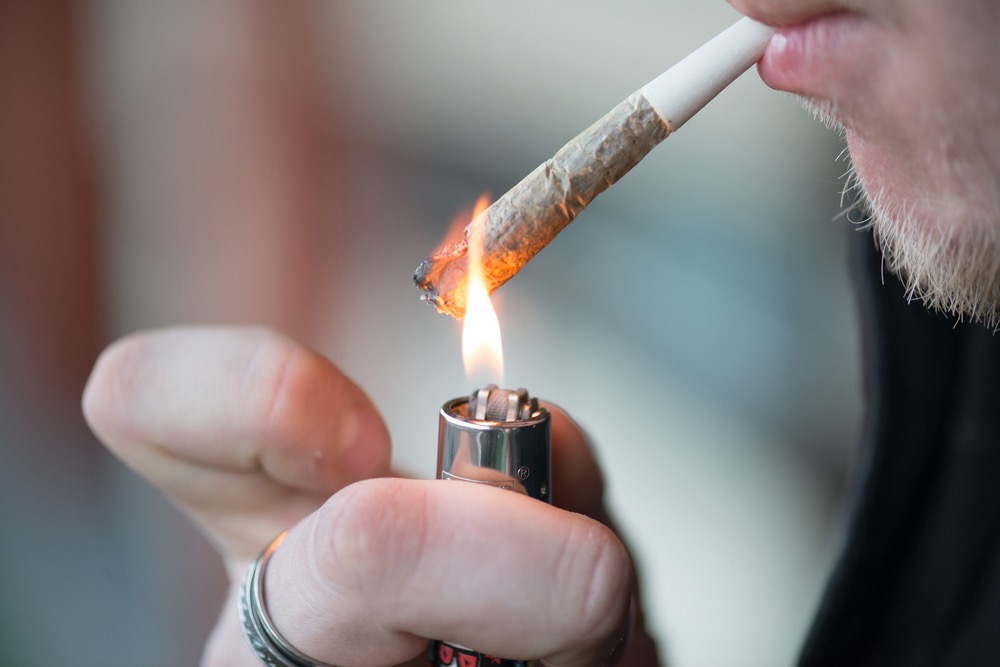Can Marijuana Cause Deadly Drug Interactions?

Chelsea Clinton recently suggested that marijuana might be deadly when taken with other drugs. But is this really true?
Although marijuana can interact with other drugs, there do not appear to be any reports of deaths that directly resulted from taking marijuana in combination with other drugs.
While speaking in Ohio on Sept. 24, Clinton was asked whether her mother, Hillary Clinton, supports changing the way marijuana is categorized by the Drug Enforcement Administration so that it would be easier for researchers to conduct studies on the drug. Chelsea Clinton replied that her mother does support research on marijuana. Then, she added, "But we also have anecdotal evidence now from Colorado, where some of the people who were taking marijuana for those purposes, the coroner believes, after they died, there was drug interactions with other things they were taking."
A spokesperson for Clinton later said Clinton "misspoke about marijuana's interaction with other drugs contributing to specific deaths,” according to The Huffington Post.
By itself, marijuana is not known to have direct lethal effects. According to the U.S. Drug Enforcement Administration, no overdose deaths from marijuana have been reported in the United States.
In addition, the evidence that marijuana may interact with other drugs is limited, according to a 2007 review paper in the American Journal of Health-System Pharmacy.
Still, marijuana does appear to interact with a number of drugs, the review said. If marijuana is taken with alcohol, benzodiazepines (drugs that treat anxiety) or muscle relaxants, the combination can result in "central nervous system depression," the review said, which means that people can experience decreased breathing and heart rate, and loss of consciousness. [How 8 Common Medications Interact with Alcohol]
Sign up for the Live Science daily newsletter now
Get the world’s most fascinating discoveries delivered straight to your inbox.
There also have been reports of people experiencing a rapid heart rate and delirium after using marijuana while taking older forms of antidepressants (known as tricyclic antidepressants), the review said.
Marijuana may also interact with drugs that are broken down by enzymes in the liver known as cytochrome P450 enzymes, according to the Mayo Clinic. That's because a compound in marijuana called cannabidiol can inhibit these enzymes. Therefore, marijuana may prevent other drugs from being broken down properly, and as a result, levels of these other drugs may be increased in the blood, which "may cause increased effects or potentially serious adverse reactions," the Mayo Clinic says.
One example is the drug sildenafil, commonly known by the brand name Viagra, which is broken down by cytochrome P450 enzymes. In 2002, researchers in the United Kingdom reported that a 41-year-old man had a heart attack after taking marijuana and Viagra together. This report could not prove that the marijuana-Viagra combination was definitely the cause of the man's heart attack. However, the researchers said that doctors "should be aware" of the effects of inhibiting cytochrome P450 enzymes when prescribing Viagra.
Still, Live Science could not find any scientific or news reports of people who have died as a result of marijuana interacting with another drug.
But that doesn't mean marijuana is harmless — the drug can impair coordination and slow down reaction time, and it has been linked with fatal car crashes, according to the National Institute on Drug Abuse (NIDA). A 2011 study found that people who reported driving within 3 hours of using marijuana, or drivers who tested positive for the drug, were more than twice as likely to be involved in a car crash compared with other drivers.
The Mayo Clinic says marijuana can increase the drowsiness caused by some drugs, including diazepam (Valium), codeine, antidepressants and alcohol, and so people need to be cautious if they drive or operate machinery after using these drugs with marijuana.
People who take high doses of marijuana may experience anxiety attacks or hallucinations, according to the NIDA. In some rare cases, intoxication with marijuana has been linked with suicide. In 2014, researchers from Germany reported that two men died from heart problems that were brought on by smoking cannabis.
But marijuana may have a benefit in terms of reducing deaths from opioid painkillers. A 2014 study found that rates of overdose death from opioids were lower in states where medical marijuana is legal. Another study, published earlier this month, found that rates of opioid use decreased among younger adults in states that had legalized medical marijuana. It's possible that people are substituting medical marijuana for opioids to treat chronic pain, the researchers said.
Original article on Live Science.

Rachael is a Live Science contributor, and was a former channel editor and senior writer for Live Science between 2010 and 2022. She has a master's degree in journalism from New York University's Science, Health and Environmental Reporting Program. She also holds a B.S. in molecular biology and an M.S. in biology from the University of California, San Diego. Her work has appeared in Scienceline, The Washington Post and Scientific American.










